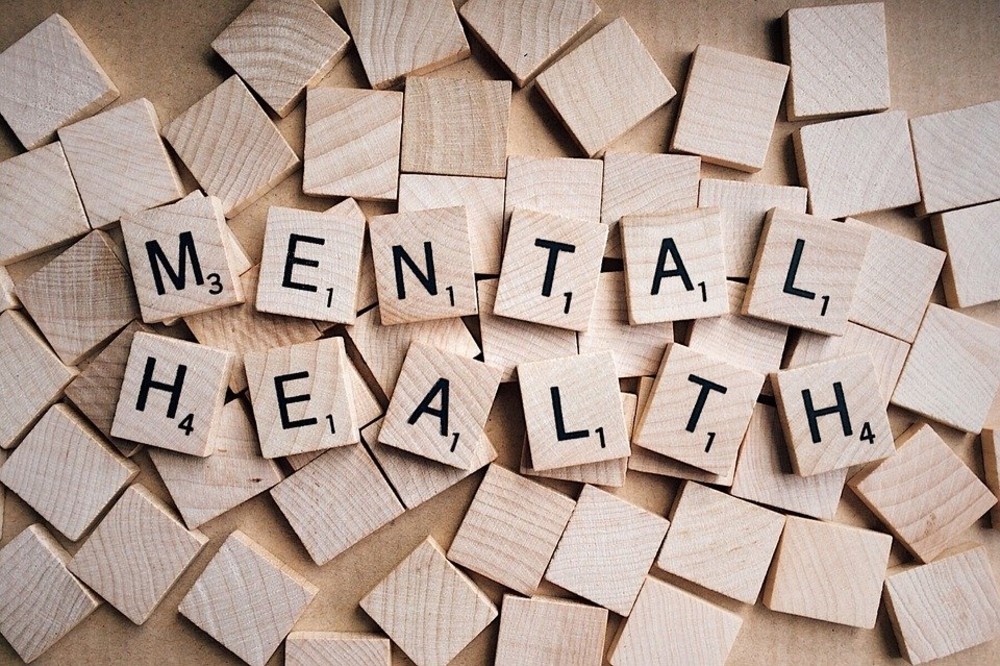UK academics can take an active role in helping students with mental health issues. Reports show that there has been a significant rise in the number of suicides and cases of mental health on campuses.
University students suicide deaths through suicide has been on the rise in the UK. A report published by the Institute of public policy in 2017 also showed that there was an annual increase of 25 percent in the number of students requesting counseling. The Higher Education Statistics Agency also said that the number of students disclosing their mental health status almost doubled from 2014 to 2017, with figures being from 33,045 to 66,660.
Rising cases of mental health issues
The rising cases in university suicide cases and mental health crises have ignited a debate about the role the UK academics can play to address this challenge. The methodology to approach students who are experiencing mental health challenges is not well defined.
The most common and acceptable method in which the UK academics are involved in the student’s mental health issues is through “signposting.” This requires the academics to only act as a guide to direct students suffering from mental health to appropriate channels that can help them address their issues.
However, this method is not always efficient, as some cases require emergency response. In such cases, academics need to be fully equipped to address students. They also need to know how to go about helping students confront the mental crisis they are suffering.
Integrating UK academics in the fight against mental health crisis
This paints a grim picture for students suffering from mental health issues. The people are in the frontlines trying to help these students are untrained and unsupported academics rather than professionals.
It is a fact that most student’s interactions are with their lecturers and other teaching staff more frequently than anyone else. Therefore, when they are facing issues, they confide in these people they can trust.
Proper training of these academics on the best approaches they can take to deal with the mental health crisis of their students is therefore needed. They also need to be supported in their new roles as the first line of defense in protecting students suffering from mental health issues.
Ensuring that these academics know how they can address some common problems associated with mental health can go a long way in reducing suicide numbers. It will also help in increasing the reach of help for students suffering from mental health issues.
Featured image by Pixabay







